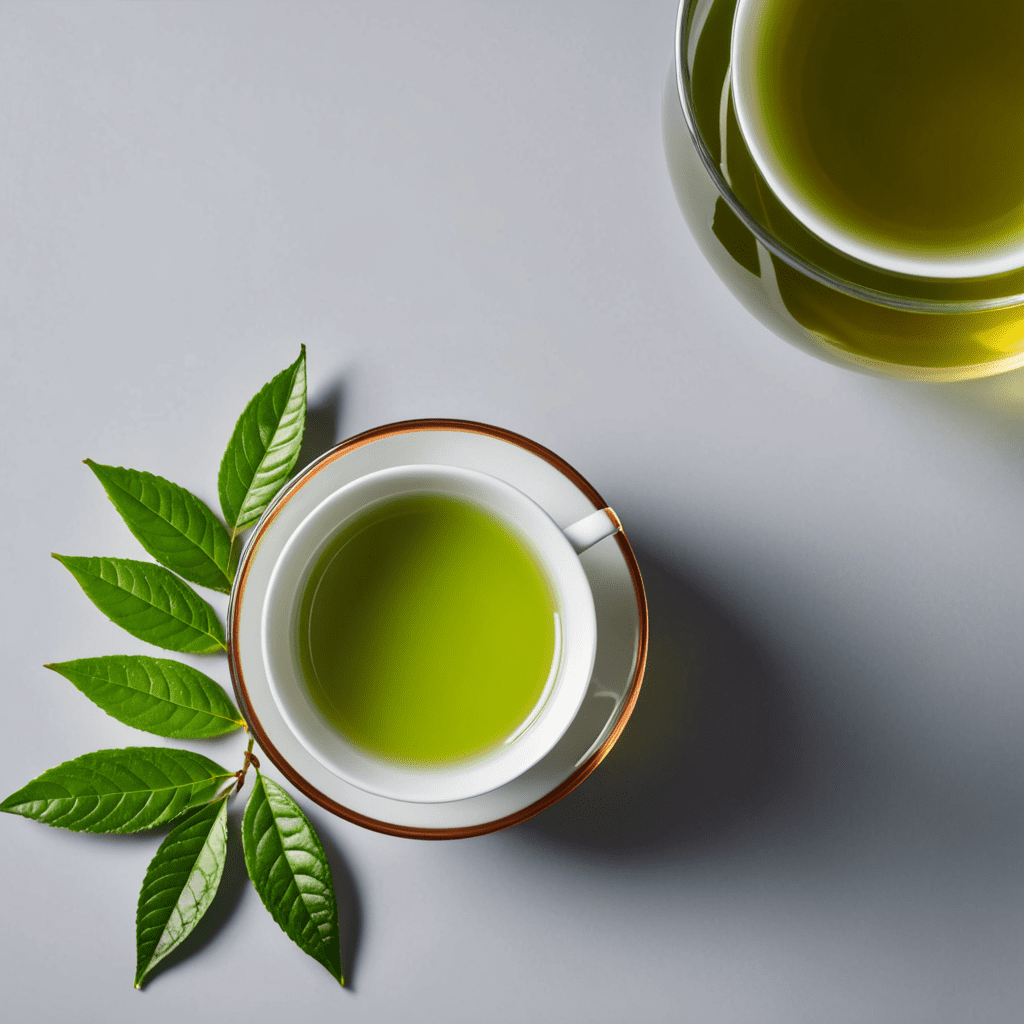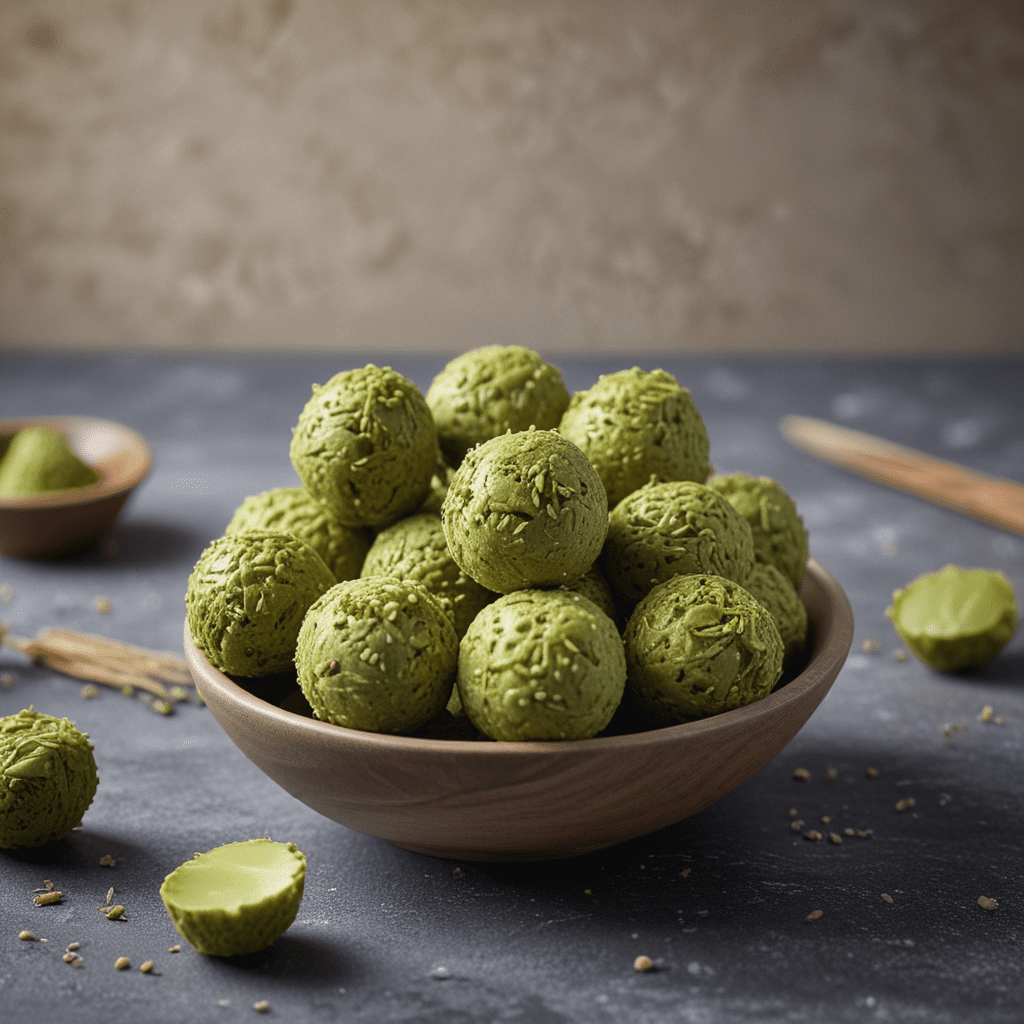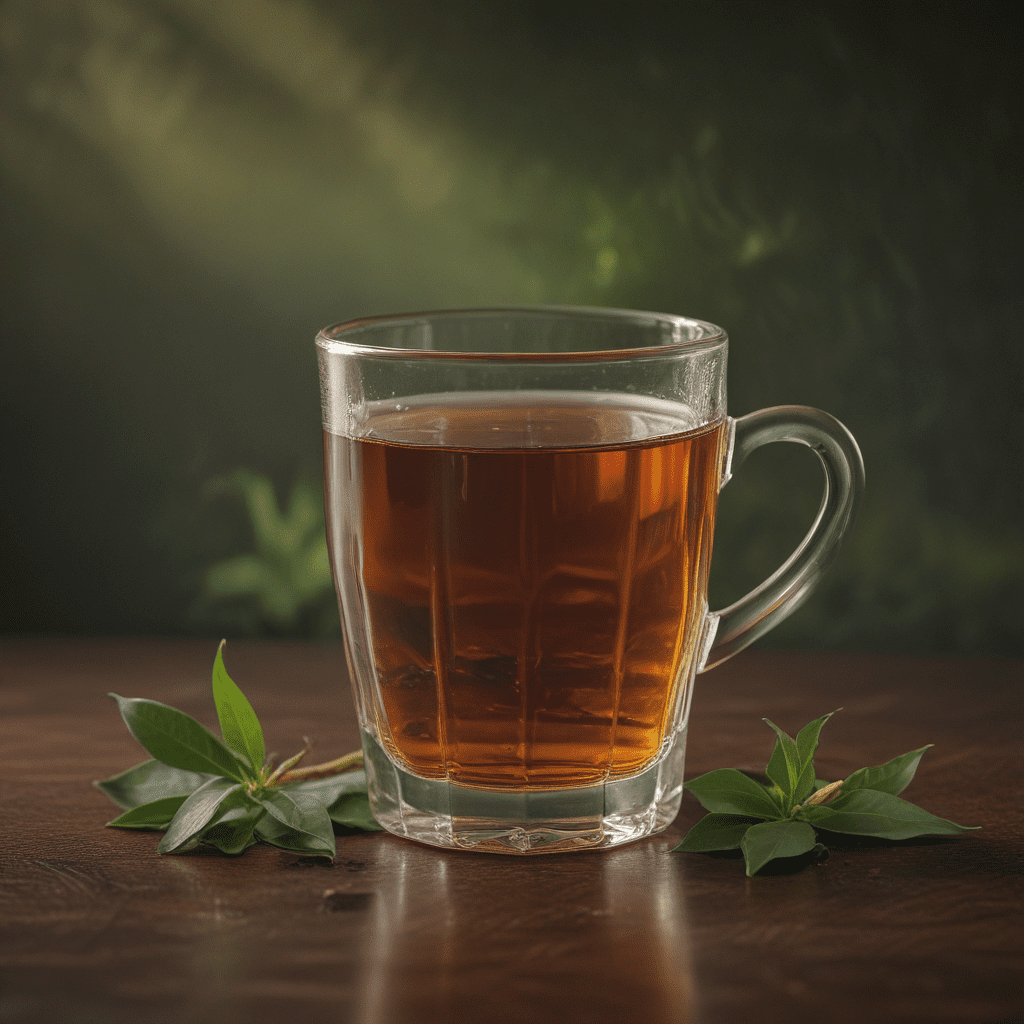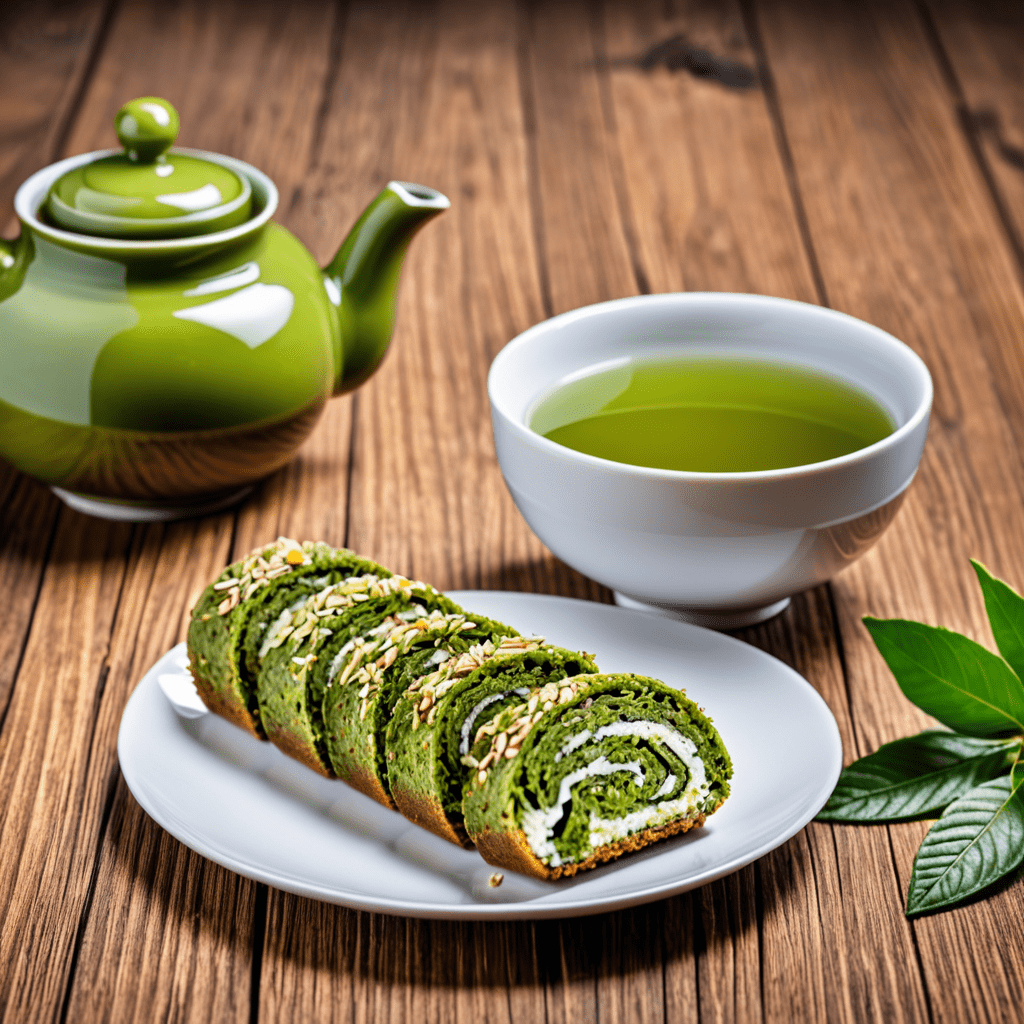
Uncover the Green Tea with the Highest Caffeine Content for an Energizing Brew That Packs a Punch
Are you in need of a pick-me-up that’s healthier than coffee? Look no further than green tea. Known for its numerous health benefits, including antioxidants and metabolism-boosting properties, green tea is a popular choice for those seeking an energizing beverage. However, not all green teas are created equal when it comes to caffeine content. In this article, we will explore which green tea has the highest caffeine content, helping you make an informed choice for that extra jolt of energy.
Understanding Caffeine Content in Green Tea
Caffeine is a natural stimulant found in many plants, including tea leaves. However, the caffeine content in green tea can vary depending on several factors, such as the type of tea leaves, cultivation methods, and processing techniques. The degree of oxidation and brewing time can also influence the final caffeine content in the brewed tea. Generally, green tea is considered to have a lower caffeine content compared to coffee or black tea, making it a milder and more suitable choice for those sensitive to caffeine.
Matcha: The Powerhouse of Caffeine
When it comes to green teas with high caffeine content, matcha takes center stage. Matcha is a powdered form of green tea that is derived from shade-grown tea leaves. The unique cultivation method enhances the caffeine content in the leaves, resulting in a more potent brew. Since you consume the entire powdered tea leaf when drinking matcha, this green tea variety offers a higher caffeine concentration compared to other types.
Sencha: A Balanced Choice
Sencha is a popular variety of Japanese green tea known for its pleasant aroma and slightly sweet flavor. In terms of caffeine content, sencha falls somewhere in the middle. It generally has a lower caffeine content compared to matcha but higher than other green tea varieties. If you’re looking for a balance between taste and a caffeine kick, sencha is an excellent choice that won’t overwhelm your senses.
Gyokuro: A Refined and Revitalizing Brew
Gyokuro, also known as “jade dew,” is a premium variety of Japanese green tea that is shade-grown for several weeks before harvest. This unique cultivation technique results in tea leaves with a higher chlorophyll content and a sweeter taste. In terms of caffeine content, gyokuro is known to have a slightly higher concentration than sencha but lower than matcha. If you’re seeking a refined and revitalizing green tea experience, gyokuro may be the perfect choice for you.
Bancha: A Mild and Relaxing Option
Bancha is a type of green tea made from mature tea leaves harvested late in the season. Due to its lower grade and late harvest, bancha has a more mature flavor and a milder caffeine content compared to other green teas. If you’re sensitive to caffeine or prefer a more gentle and relaxing brew, bancha can be a suitable choice that still provides the benefits of green tea without an overwhelming wake-up call.
FAQ: Frequently Asked Questions
Q: Can I reduce the caffeine content in green tea?
A: Yes, you can reduce the caffeine content in green tea through various methods. One way is to opt for decaffeinated green tea, a process that removes a significant portion of the caffeine. Another method is to brew your green tea for a shorter time, as caffeine is released early in the steeping process. Lastly, blending green tea with herbs or flowers known for their calming properties can further reduce the overall caffeine impact.
Q: How much caffeine can I expect in a cup of green tea?
A: The caffeine content in green tea can vary, but on average, it contains around 30-50 milligrams per 8-ounce cup. However, factors such as brewing time, water temperature, and tea variety can influence the final caffeine content. It’s essential to note that individual sensitivities to caffeine may vary.
Q: Can green tea provide a sustained energy boost throughout the day?
A: While green tea can provide an initial energy boost due to its caffeine content, it generally offers a more sustained and balanced effect compared to coffee. The unique combination of caffeine and other compounds present in green tea, such as L-theanine, promotes calm alertness and helps prevent the caffeine crash often associated with coffee consumption.
Q: Are there any health risks associated with consuming high-caffeine green tea?
A: Green tea is generally safe for most people when consumed in moderation. However, excessive consumption of high-caffeine green tea may lead to sleep disturbances, increased heart rate, or digestive issues. It’s always advisable to listen to your body and consume green tea in a way that suits your tolerance and health condition.
Whether you’re a tea enthusiast looking for a strong caffeine kick or someone seeking a milder alternative to coffee, there’s a green tea variety to suit your needs. Experiment with different types and brewing techniques to find the perfect cup that delivers both taste and a revitalizing energy boost. Cheers to a caffeine-infused journey through the world of green tea!


